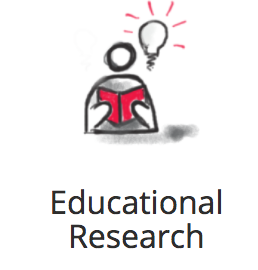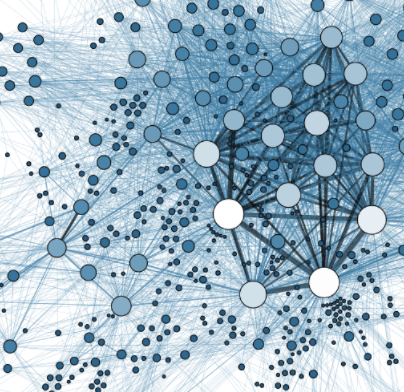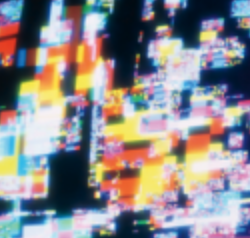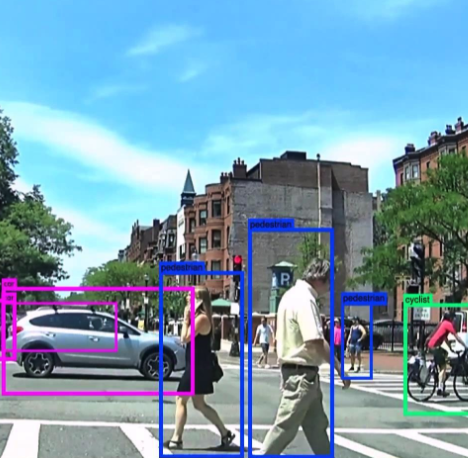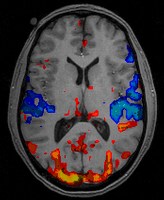Analyze data from one of the following library applications/systems and create visualizations that highlight the most important findings pertaining to the support of self-directed learning: Vialogues (TC Video Discussion Application), PocketKnowledge (TC Online Archive), DocDel (E-Reserve System), Pressible (Blogging Platform), Library Website and Mobile App.
